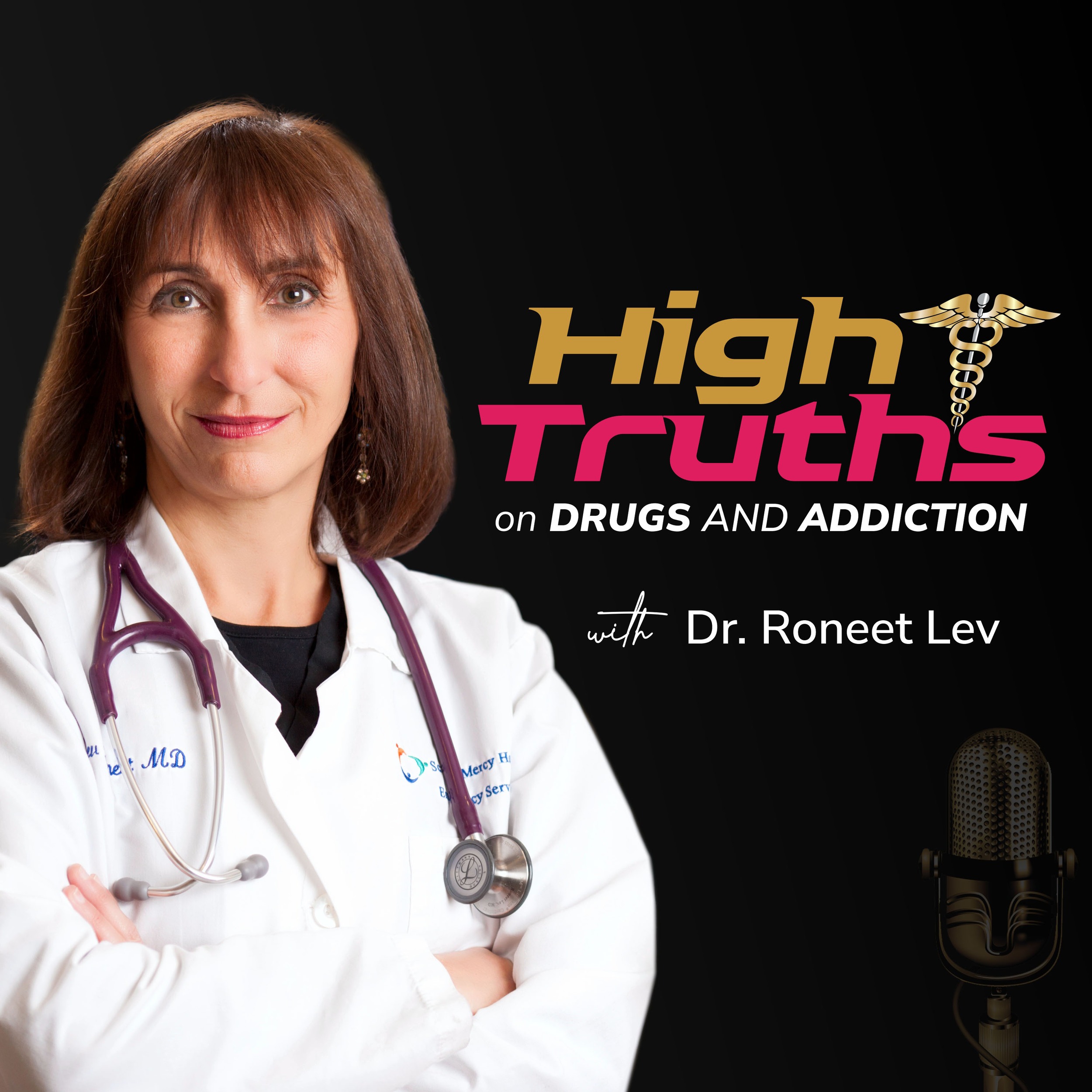Deepak Cyril D’Souza, MD is a Professor of Psychiatry, Yale University School of Medicine and a staff psychiatrist at VA Connecticut Healthcare System (VACHS). He received his medical degree from John’s National Academy of Health Sciences, Bangalore, India in 1986 and completed his psychiatric residency at State University of New York Downstate in 1992 followed by a postdoctoral fellowship in Psychopharmacology and Neurosciences at Yale University School of Medicine. He then joined the faculty in the Dept. of Psychiatry at Yale and VA Connecticut Healthcare System. He is an active clinician, teacher and researcher, 30 years of experience.
Clinical Administration: He directs the Neuropsychiatry Program at VA Connecticut Healthcare System, the clinical service that cares for veterans with serious mental illnesses including psychotic disorders, mood disorders and personality disorders. He also chairs the Research and Development Committee at VA Connecticut Healthcare System.
Research Administration: He directs the Neurobiological Studies Unit where experimental psychopharmacological studies are conducted. He serves as the Chair of the Research and Development Committee of VA Connecticut Healthcare System.
Education: He is actively involved in teaching residents. In recognition of his contributions as a teacher, he received the Yale Psychiatry resident’s teaching award in 2008. He also directs the VA Schizophrenia Research Fellowship program the training ground for a number of current researchers. He is a mentor for a number of junior faculty who have career awards.
Pathophysiological Research: He directs the Schizophrenia Neuropharmacology Research Group at Yale (SNRGY). Over the last 3 decades, he has employed three approaches to his research. He has conducted experimental psychopharmacological studies with ketamine, amphetamine, THC, nicotine, salvinorin A in healthy human volunteers and patients to evaluate the contributions of various neurotransmitter systems to the pathophysiology of psychosis, cognitive deficits, and reward dysfunction. He also uses in vivoneuroreceptor imaging to study schizophrenia and cannabis use disorder with ligands that bind to synaptic vesicles, muscarinic receptors, CB1 receptors, etc. He is also involved in a consortium to collect fluid biomarkers in schizophrenia.
Treatment Research: In parallel to these studies of pathophysiology, he has conducted phase 1 - 4 clinical trials to develop new treatments schizophrenia, mood disorders and cannabis use disorder. More recently he has been investigating the therapeutic potential of psychedelic compounds (psilocybin, dimethyltryptamine) in the treatment of neuropsychiatric conditions including depression and migraine. His research is funded by the U.S. National Institute of Drug Abuse (NIDA), the National Institute of Mental Health (NIMH), the National Institute of Alcoholism and Alcohol Abuse (NIAAA), VA R&D and several foundations.
His work has been published in the highest impact Psychiatry journals including Molecular Psychiatry, Lancet Psychiatry, Biological Psychiatry, American Journal of Psychiatry and Neuropsychopharmacology (https://scholar.google.com/citations?user=qDmD8DsAAAAJ&hl=en). He is a principal editor of the journal Psychopharmacology.
He is involved in public outreach – he serves on the Physicians Advisory Board for Connecticut’s Medical Marijuana Program. He is recognized as a leading expert on the relationship between cannabinoids and psychosis, and has been involved educating the general public about the relationship between cannabis and psychosis.

Heather and Randy Bacchus Heather Bacchus is a dedicated advocate and mother, whose life was forever changed by the tragic loss of her son,...

Gerard Carroll, MD, is the Program Director for the EMS Fellowship at Cooper University Hospital. He is passionate about utilizing physician field response to...

How has the landscape changed for Drug Crime? Listen to Monte Stile share his career experience as a federal prosecutor. Is smoking Hookah safer...